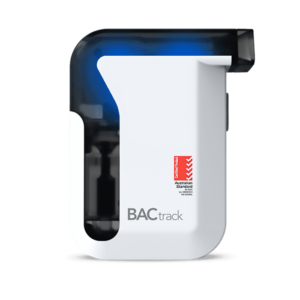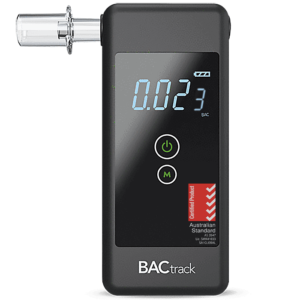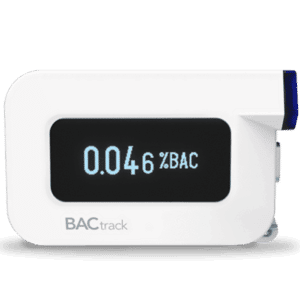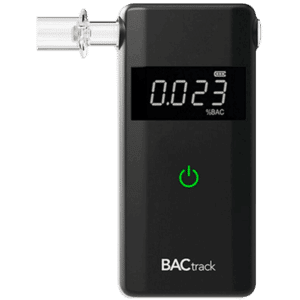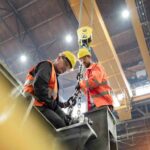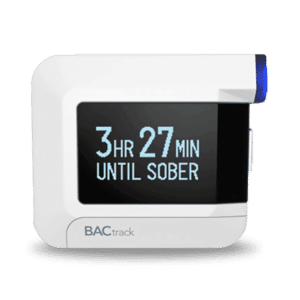Construction Drug and Alcohol Policy: Overview
29 November, 2023
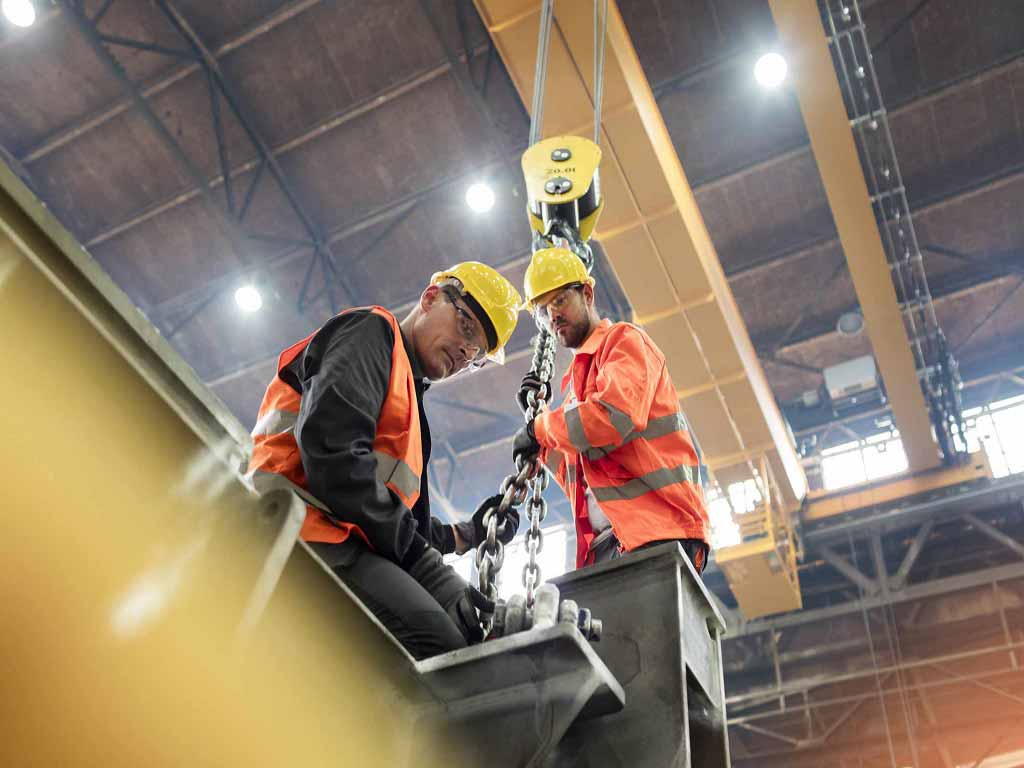
The construction industry involves working with heavy machinery, heights, and potentially hazardous materials. In such an environment, the influence of alcohol and illicit drugs can have devastating consequences. It not only affects the individuals involved but also the entire project and everyone on-site. Thus, many businesses implement a construction drug and alcohol policy. It outlines the expectations of behaviour for workers. The policy includes the testing method employees will undergo. Also, it states the consequences of violating it.
Unsafe work practices include not following safety protocols and ignoring safety warnings. A policy typically states that all employees must adhere to safety standards while at work. Workers should be aware that construction sites are drug- and alcohol-free zones. Any form of intoxication is strictly prohibited. To learn more about the policy, the article will present what it is in the construction industry, the types of tests available, and what happens to workers after testing positive.
What is a Construction Drug and Alcohol Policy?
A construction drug and alcohol policy is a set of guidelines and rules that companies establish. Its goal is to ensure a safe and drug-free work environment. This policy is designed to address and prevent the use of substances on construction sites, which can pose significant safety risks to workers and the public. By enforcing a zero-tolerance approach to drug use and alcohol consumption, employers can protect their people while also complying with legal regulations and industry standards.
The company policy typically includes provisions for conducting drug and alcohol testing for employees, especially before hiring and after any workplace accidents. In addition, the policy may incorporate education and awareness programs. This is to inform workers about the potential risks associated with substance use, as well as resources for seeking help and support for substance abuse issues.
Implementing a policy is crucial for promoting a culture of responsibility within the construction industry. Establishing clear expectations and repercussions can minimise the likelihood of workplace accidents, injuries, and costly liabilities. Ultimately, it helps to protect the well-being of employees, maintain a productive work environment, and uphold the reputation of the construction company.
Purpose of the Policy
- Ensuring safety – It prevents the use of drugs and alcohol, which can impair judgment and coordination. This protects people from the risk of harm.
- Legal compliance – Businesses need to comply with local laws and regulations regarding substance use in the workplace. This is to avoid legal ramifications and liabilities.
- Promoting productivity – Prohibiting illegal drugs and alcohol at work enhances employee performance and productivity.
- Protecting company reputation – A policy shows commitment to responsible and safe operations to clients, partners, and the public.
- Supporting employee wellness – Discouraging substance abuse and providing resources for assistance and rehabilitation, if necessary, help workers.

Types of Tests in a Construction Drug and Alcohol Policy
Australian companies often implement a construction drug and alcohol policy for optimal protection. Performing safety-critical roles can be dangerous when the effects of alcohol or drugs arise. Thus, testing procedures are necessary. Businesses can choose from a variety of methods. Firstly, there is saliva testing. It is non-invasive, simple to administer, and can quickly detect recent drug use.
Secondly, there is the urine drug and alcohol test. This test is often used due to its accuracy and ability to detect drug use within the past few days. Urine testing is more invasive and time-consuming than a saliva test. However, it can detect a wider range of substances. Moreover, it is affordable. Hence, many organisations select this option.
Furthermore, there is alcohol breath testing. This method uses a breathalyser to quickly identify employees who drink alcohol at work. The device measures the Blood Alcohol Concentration (BAC) in the system. This type of alcohol testing is non-invasive and accurate. Additionally, it can detect alcohol metabolites within the past few hours.
Can an Employee Refuse a Test?
Yes, an employee can refuse a test under certain circumstances. In most cases, an employer must have a valid reason if a worker is under the influence of drugs or alcohol before requesting a test. However, there are exceptions, such as for certain safety-sensitive positions or in industries regulated by federal drug testing laws.
If an employee refuses a test, they may face consequences. This includes suspension, termination, or being placed on unpaid leave. The disciplinary process will depend on the policy and the laws in their state. Workers must understand their legal rights and obligations. Consulting with a professional may be necessary.

Consequences for Violating a Construction Drug and Alcohol Policy
Violating a construction drug and alcohol policy can lead to severe consequences. Employees who are found to be in the presence of drugs or alcohol while on the job may face immediate suspension or termination. Safety issues from the effects of alcohol and drugs do not only harm themselves but also the company. In addition, they may face loss of benefits or access to professional development opportunities.
Furthermore, not adhering to a policy can damage the reputation and future employment prospects of an employee. Employers often keep records. Thus, this can make it harder for the worker to find a job in the construction industry in the future. In an industry where safety is paramount, a history of drug or alcohol violations can be a major red flag for potential employers.
Finally, violating a policy can have financial impacts. Employees may face legal fees and fines. They can also face lawsuits if their substance abuse results in property damage, injuries, or fatalities on the job site. This can have long-lasting financial repercussions for the employee and their family. Thus, understanding the serious nature of these policies is crucial.
Treatment and Recovery Options
There are various treatment and recovery options available for individuals struggling with alcohol and drug use. This may include therapy and counselling, support groups, and medication-assisted treatment. These programs can address the physical, psychological, and social aspects of addiction. This helps individuals to overcome their substance use disorder.
Additionally, recovery support services, such as sober living homes and vocational training, are beneficial. Employees can maintain their sobriety and reintegrate into society afterwards. Finding the right combination of options that work best for unique needs and circumstances is important. Moreover, having a strong support system in place to sustain the recovery journey helps.
Conclusion
Alcohol and drug issues can lead to absenteeism and safety risks. This is especially true for workers with safety-critical roles. Thus, companies often develop a construction drug and alcohol policy. It provides information about the acceptable standards of conduct when it comes to substance in the workplace. The policy states the testing of workers for alcohol and drugs. Employers can utilise any method, such as saliva, urine, and breath testing.
Saliva testing can detect substances, such as prescription medication. Urine drug and alcohol test is one of the most common types. Meanwhile, breath alcohol testing is one of the most efficient ways to test for ethanol. Testing positive for any of these tests can result in disciplinary actions. This includes suspension or termination. However, employers can also provide support through employee assistance programs. This helps the worker overcome their safety issues and return to work.


















